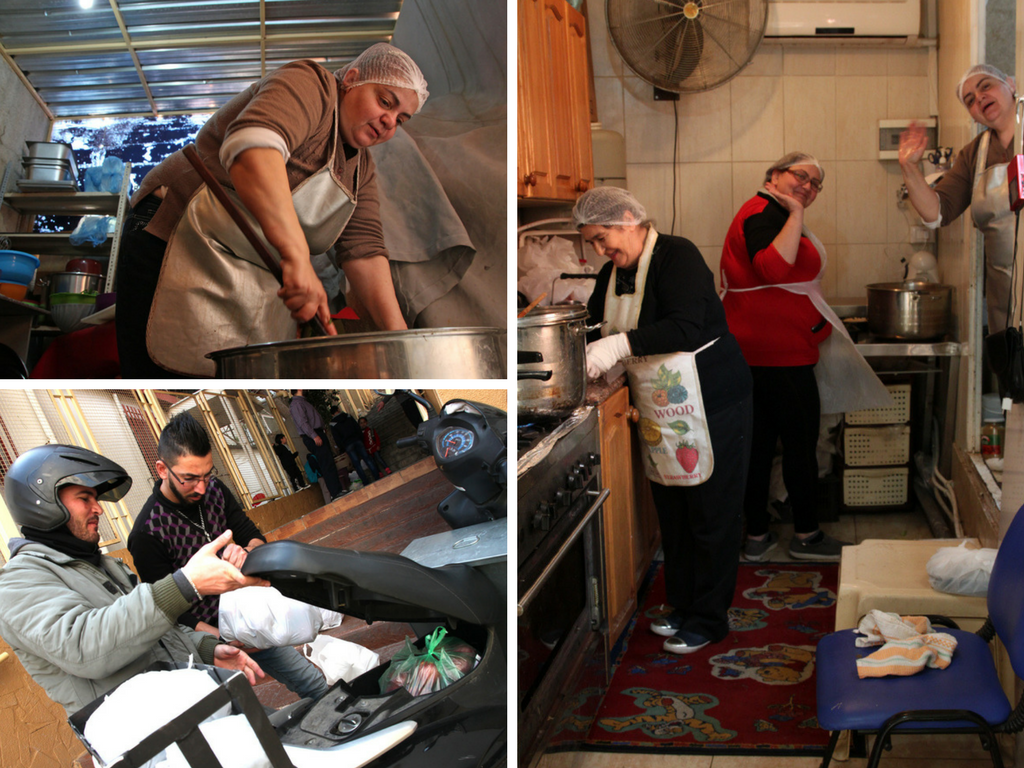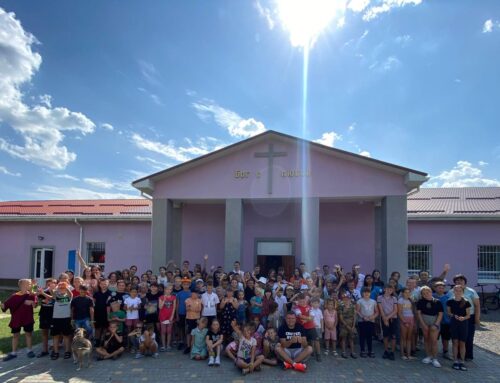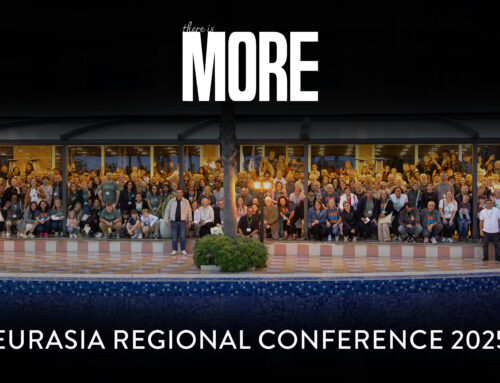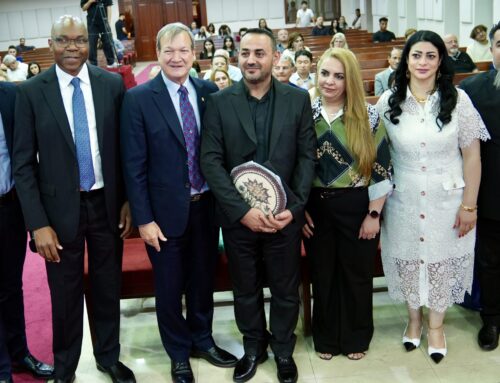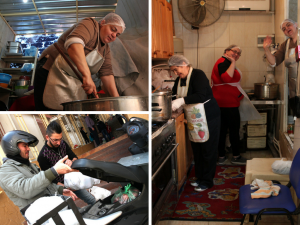 Volunteers grapple with a tiny church kitchen to cook and distribute 100 meals to elderly, disabled people and refugee children.
Volunteers grapple with a tiny church kitchen to cook and distribute 100 meals to elderly, disabled people and refugee children.
Beirut, Lebanon
Five days a week, volunteers rub shoulders and bump elbows in the cramped, narrow kitchen next to the Beirut Church of the Nazarene, in the Achrafieh neighborhood, as they cook about 100 hot, healthy meals for Syrian refugee students and neighborhood shut-ins, all of whom struggle to get adequate nutrition each week.
Imagine cooking so much food with a standard household stove and oven, a basic sink and an average-sized refrigerator. To compound the difficulty, the kitchen is small and narrow. In such a small space, it doesn’t take much to have “too many cooks in the kitchen.”
Trying to gain more space, they utilize the adjoining rooftop by having enclosed it with corrugated plastic and adding a sink and some additional workspace.
Marie-Claude, Rose and Theresa, and now Syrian refugee Naseef, spend hours here each day, washing vegetables, cooking rice and meat, then packaging the hot meals for about 85 nearby elderly and disabled people and for the refugee students.
Agape Table began when people in the area learned that the church was already cooking hot meals for Syrian refugee children enrolled in their educational program, which helps the children eventually qualify for acceptance into official Lebanese schools.
People suggested the church also cook hot meals for elderly and disabled people who are not able to walk, or who struggle to shop and cook for themselves. The church readily agreed.
Marie-Claude has gotten to know many of the families enrolled in Agape Table. The one nearest to her heart is a woman named Nadine*, and her son Ramy.
The first time Marie-Claude went to visit Nadine, she assumed Nadine would be a young woman with a small son.She was shocked when the door opened and saw that Nadine is an 85-year-old woman who is giving full-time care to her 50-year-old mentally disabled son Ramy*. The mother and her son live in a one-room apartment with just a mattress on the floor and a sofa. They share a kitchen and bathroom with a neighbor.
“I wasn’t feeling good that day. My daughter was sick; I was feeling down,” Marie-Claude recalls. But when she saw the mother’s challenging situation, Marie-Claude was deeply moved by the woman’s powerful love for her son.
Ramy needs full-time care. He cannot bathe himself or even chew his own food. Nadine had been given the opportunity to turn her son over to a care home. But she refused.
“She said, ‘I will not leave my son until I die. When I die, you take him to wherever you want.’ Eighty-five years old, taking care of a man. I started crying, and whenever I feel down, I remember her. I shouldn’t be nagging or complaining.”
Now, Marie-Claude blends and purees Ramy’s meals so he can swallow them easier, and enjoys returning to visit the family on occasion. Thankfully, the family also receive love and support from their neighbors and local church.
No matter how rewarding the ministry is, cooking so many meals in such a tight space isn’t easy.
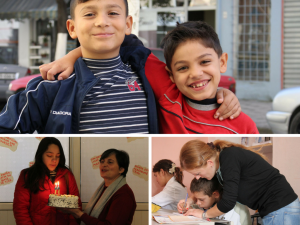
Due to the lack of storage, Marie-Claude cannot buy larger amounts of food items at wholesale prices. To keep the meals within the small budget, she shops sales and deals throughout the city each week. Sometimes she stores things at home.
The up-front cost for the cheapest batch of food to feed about 100 people in one day is never less than $60. Yet, it’s important for the students, as well as the elderly and disabled people they feed, for the food to be nutritious and fresh. Such things as fresh vegetables, fruit and meat cost more than junk food.
“Every day I go myself with my car to get all the goods,” she said. “If we had a bigger place, it would be easier and cheaper. It’s very difficult, we’re working in a very small place [with] a small budget.
“But when I see them eating and when I go visit the elders and see how happy they are with each meal, you forget everything about anything you’re facing.”
Andrew Salameh, pastor of the Beirut Church of the Nazarene, and superintendent of the Lebanon District, shared her sentiments about the significance of hot meal ministry at the church.
“Sometimes I watch the small refugee children, how they are eating joyfully and I remember our Lord’s words: ‘I was hungry and you fed me …,’” he said.
*Some names changed for privacy
